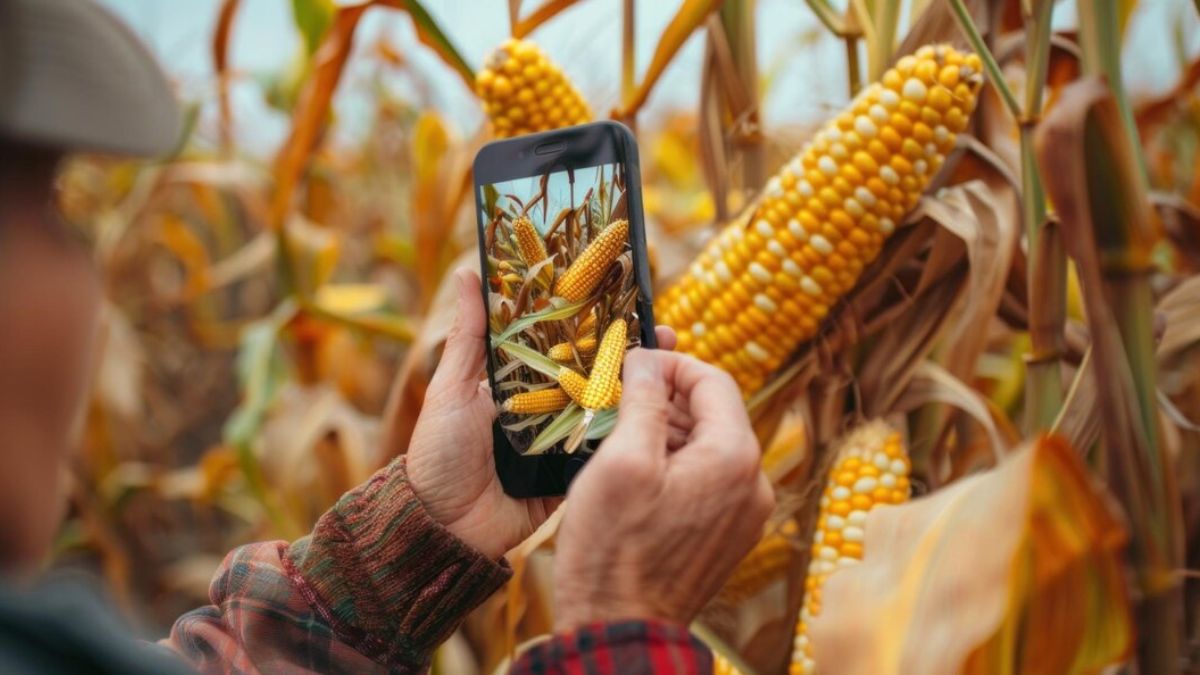FPO corn, or Farmer Producer Organization (FPO) corn, represents a new wave of sustainable agricultural practices that empower small-scale farmers while promoting environmentally friendly farming techniques. As the global demand for food increases and concerns about the environmental impact of farming intensify, FPO corn is emerging as a viable solution that balances economic viability with sustainable farming methods.
What is FPO Corn?
FPO corn refers to corn that is cultivated and produced by a Farmer Producer Organization. FPOs are collectives of small and marginal farmers who come together to pool resources, share knowledge, and collectively market their produce. By working as a group, these farmers can benefit from economies of scale, access to better technology, and stronger bargaining power in the marketplace.
In the context of FPO corn, these farmer groups focus on sustainable and eco-friendly farming techniques to grow their crops. This collective approach enables them to improve yield and quality while minimizing environmental impact, making FPO corn a key player in sustainable agriculture.
The Role of FPOs in Agriculture
FPOs are instrumental in empowering farmers, especially smallholders who often face challenges such as lack of access to credit, market information, and modern technology. By forming an FPO, these farmers can:
- Access Better Resources: FPOs give farmers access to better seeds, fertilizers, machinery, and technical know-how, which can significantly improve crop yields and quality.
- Market Linkages: FPOs can negotiate better prices for their produce by connecting directly with buyers or entering larger markets, thus ensuring farmers receive a fair price for their crops.
- Collective Bargaining: Through collective action, FPO members can obtain more favorable terms from input suppliers and buyers, improving their overall income and reducing costs.
- Training and Support: FPOs often provide farmers with training on sustainable farming practices, market trends, and financial literacy, which are critical to the long-term success of their farms.
Sustainability and FPO Corn
One of the most significant advantages of FPO corn is its emphasis on sustainable farming practices. Farmers who participate in FPOs are often encouraged to adopt eco-friendly methods such as organic farming, crop rotation, and minimal use of chemical fertilizers and pesticides.
- Reduced Chemical Usage: FPO corn production often focuses on reducing the reliance on harmful chemical inputs like synthetic pesticides and fertilizers. Instead, farmers use organic alternatives and natural pest control methods to ensure that the soil remains healthy and the produce is safe for consumers.
- Soil Health and Biodiversity: Sustainable farming practices promoted by FPOs help maintain soil fertility and promote biodiversity. Crop rotation, for instance, helps replenish soil nutrients, while diverse cropping systems ensure a balance between pest and predator species, reducing the need for chemical interventions.
- Water Conservation: In many regions, FPOs implement water-saving techniques, such as drip irrigation or rainwater harvesting, to reduce water wastage and ensure that corn crops are grown with minimal environmental impact. This is especially crucial in areas prone to drought or water scarcity.
- Climate Resilience: FPOs are also focused on making farming more resilient to climate change. Through education and access to climate-smart agricultural techniques, FPO members can better adapt to changing weather patterns, ensuring the sustainability and reliability of their corn production.
Economic Impact of FPO Corn
The economic benefits of FPO corn extend beyond the individual farmer. By pooling resources, farmers are able to collectively invest in infrastructure, such as storage facilities and processing units, which adds value to their crops and reduces post-harvest losses. This enables them to sell their corn at higher prices, benefiting both the farmers and the local economy.
Moreover, FPO corn helps create job opportunities in rural areas by promoting value-added processing and distribution chains. From packaging to distribution, the FPO model fosters local employment and supports the livelihoods of not just farmers but also workers in the wider agricultural value chain.
Challenges and Future Outlook
While FPO corn presents numerous benefits, there are challenges that must be addressed to ensure its widespread adoption and success:
- Access to Finance: Smallholder farmers often lack access to the financial resources needed to scale their operations or invest in better technology. While FPOs can help bridge this gap, more institutional support and credit facilities are required to boost their efforts.
- Market Access: FPO corn needs stronger market linkages to ensure that farmers can sell their produce at competitive prices. Governments, NGOs, and private organizations can play a crucial role in facilitating connections between FPOs and larger markets.
- Education and Training: Continued investment in training programs for farmers is essential to ensure they adopt the best practices in sustainable farming. Providing education on market trends, technology use, and climate resilience is crucial for the success of FPOs.
Conclusion
FPO corn is more than just a crop; it represents a shift toward a more sustainable, equitable, and resilient agricultural system. By empowering smallholder farmers through collective action and promoting eco-friendly farming techniques, FPO corn is paving the way for a brighter future for both agriculture and the environment.
As the world grapples with the challenges of food security and climate change, FPO corn offers a promising model that balances economic growth with sustainability.










